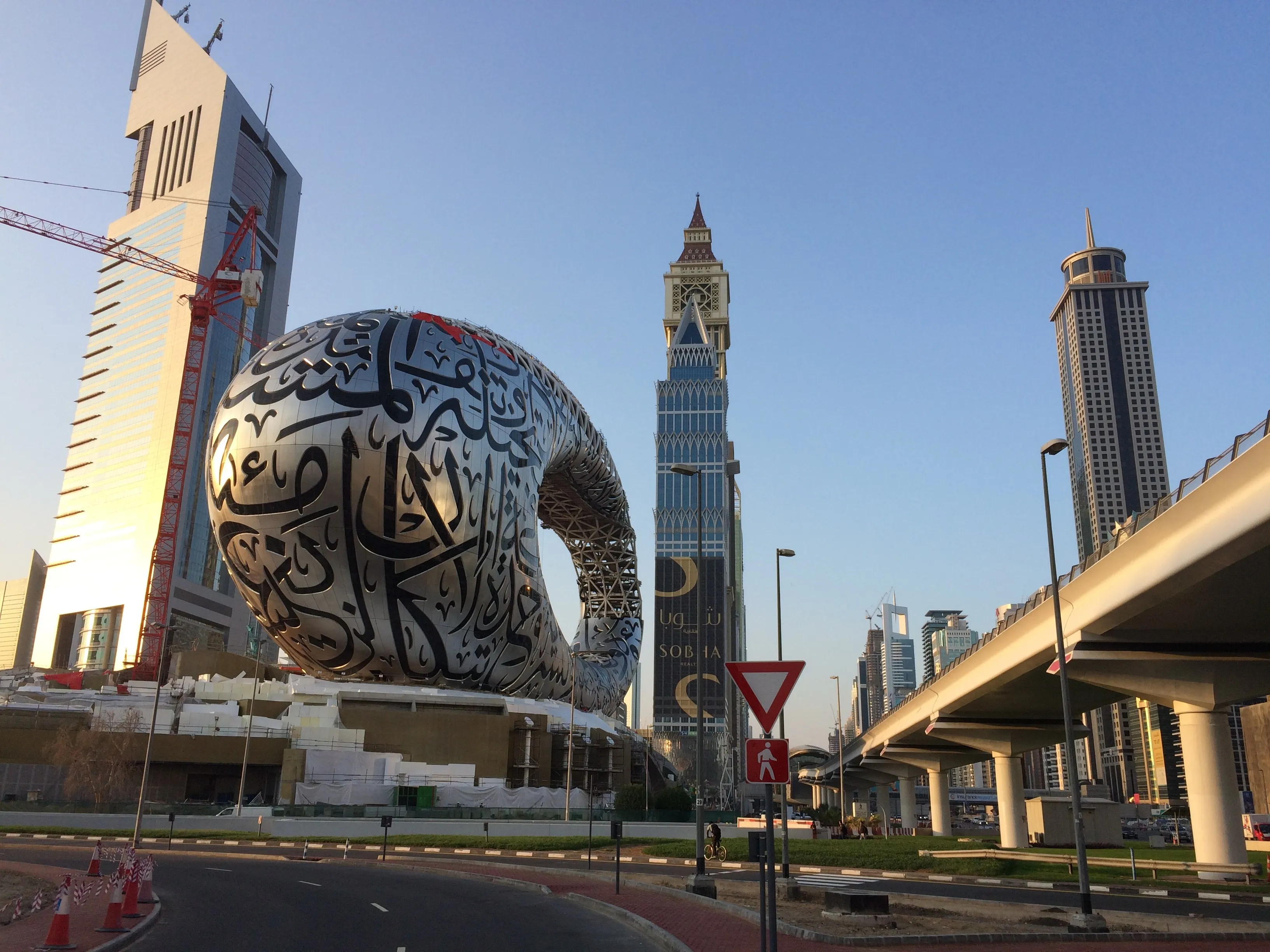The Tampa Hillsborough Expressway Authority (THEA) Connected Vehicle (CV) Pilot Deployment Program in the US is reaching its first major milestone and entering a new phase of development, bringing Tampa a step closer to the future of transportation. THEA’s project management team heads to Washington, DC, this week to meet with US Department of Transportation (USDOT) officials for the official kickoff of Phase 2, which will include the design and deployment of CV technology in downtown Tampa.
The pilot,
September 22, 2016
Read time: 2 mins
The Tampa Hillsborough Expressway Authority (THEA) Connected Vehicle (CV) Pilot Deployment Program in the US is reaching its first major milestone and entering a new phase of development, bringing Tampa a step closer to the future of transportation. THEA’s project management team heads to Washington, DC, this week to meet with 324 US Department of Transportation (USDOT) officials for the official kickoff of Phase 2, which will include the design and deployment of CV technology in downtown Tampa.
The pilot, which is funded by a contract with USDOT, is expected to reduce the risk of crashes, enhance traffic flow and even shrink the city’s carbon footprint. THEA completed the concept development and planning phase, or Phase 1, in August, and USDOT finalised a cooperative agreement initiating the new phase in early September.
Tampa was one of three sites in the nation to be selected for the pilot program, which seeks to spur innovation among early adopters of connected vehicle applications. The other two sites are New York City and the Interstate 80 corridor in the state of Wyoming.
In Tampa, THEA and its partners will install 40 wireless communication devices called roadside units on the Lee Roy Selmon Expressway Reversible Express Lanes (REL), Meridian Avenue, Channelside Drive and other downtown roadways. On board units will be installed in 10 HART buses, 10 TECO Line Streetcar System trolley cars and 1,500 privately owned vehicles. THEA and its partners will also develop mobile apps to enhance pedestrian safety.
As part of the new phase, THEA and its partners aim to address numerous safety and mobility issues, including rush hour safety and congestion relief; wrong-way drivers; pedestrian safety; improved safety and on-time performance for public transit; and traffic monitoring.
The pilot, which is funded by a contract with USDOT, is expected to reduce the risk of crashes, enhance traffic flow and even shrink the city’s carbon footprint. THEA completed the concept development and planning phase, or Phase 1, in August, and USDOT finalised a cooperative agreement initiating the new phase in early September.
Tampa was one of three sites in the nation to be selected for the pilot program, which seeks to spur innovation among early adopters of connected vehicle applications. The other two sites are New York City and the Interstate 80 corridor in the state of Wyoming.
In Tampa, THEA and its partners will install 40 wireless communication devices called roadside units on the Lee Roy Selmon Expressway Reversible Express Lanes (REL), Meridian Avenue, Channelside Drive and other downtown roadways. On board units will be installed in 10 HART buses, 10 TECO Line Streetcar System trolley cars and 1,500 privately owned vehicles. THEA and its partners will also develop mobile apps to enhance pedestrian safety.
As part of the new phase, THEA and its partners aim to address numerous safety and mobility issues, including rush hour safety and congestion relief; wrong-way drivers; pedestrian safety; improved safety and on-time performance for public transit; and traffic monitoring.










